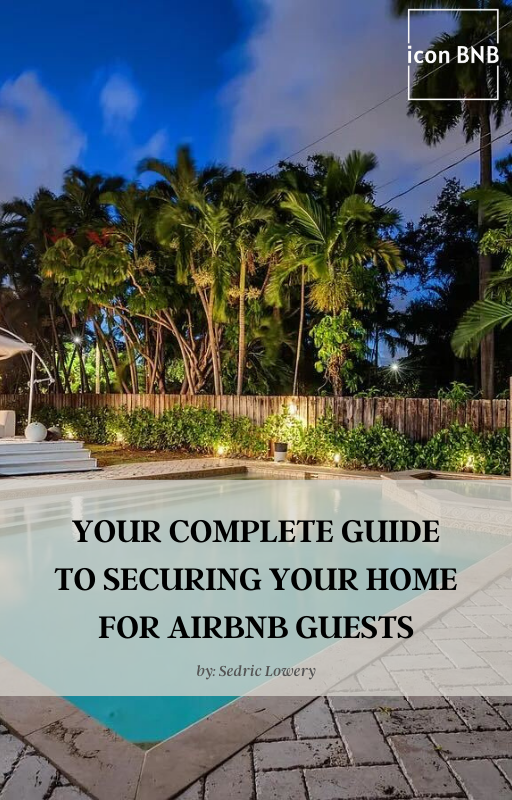Introduction:
As an Airbnb host, ensuring the safety and security of your guests should be a top priority. Creating a safe and secure environment not only provides peace of mind for your guests but also helps you maintain a positive reputation as a responsible host. In this comprehensive guide, we’ll explore essential tips and strategies for securing your home to ensure a worry-free experience for both you and your Airbnb guests.
1. Install Security Cameras:
Consider installing security cameras in and around your property to deter potential intruders and provide monitoring for guests’ safety. Opt for cameras with motion detection and night vision capabilities, and place them strategically in entryways, common areas, and outdoor spaces. Be sure to inform guests about the presence of security cameras in your listing description and provide reassurance about their privacy.
2. Upgrade Door and Window Locks:
Invest in high-quality door and window locks to enhance the security of your home. Consider installing deadbolts on exterior doors, reinforcing door jambs, and adding window locks or security bars to prevent unauthorized entry. Regularly inspect and maintain locks to ensure they are functioning properly, and provide spare keys to guests securely through a key lockbox or keyless entry system.
3. Implement Smart Home Technology:
Harness the power of smart home technology to control and monitor your home remotely. Install smart locks that allow guests to access the property with unique codes or digital keys, and integrate smart thermostats, smoke detectors, and carbon monoxide detectors for added safety and convenience. Use a smart home hub or app to manage and automate home security features from anywhere.
4. Secure Valuables and Personal Items:
Remove or secure valuables and personal items to prevent theft or damage during guests’ stays. Store jewelry, electronics, important documents, and other sensitive items in a locked closet or safe, and consider installing security cameras or alarms in areas where valuables are kept. Provide guests with clear instructions on how to access and use any locked storage areas.
5. Create Emergency Preparedness Plans:
Develop comprehensive emergency preparedness plans to address potential risks and emergencies that may arise during guests’ stays. Provide guests with clear instructions on what to do in case of fire, medical emergencies, natural disasters, or other emergencies, and ensure that emergency contact information is readily available. Keep first aid kits, fire extinguishers, and emergency supplies easily accessible in the home.
6. Conduct Regular Safety Inspections:
Perform regular safety inspections of your property to identify and address any potential hazards or security vulnerabilities. Check for faulty wiring, tripping hazards, malfunctioning appliances, and other safety concerns, and take prompt action to remedy any issues. Encourage guests to report any safety or security issues they encounter during their stay so that they can be addressed promptly.
7. Communicate Safety Guidelines to Guests:
Clearly communicate safety guidelines and expectations to guests before and during their stay to promote a safe and comfortable experience. Provide guests with a detailed welcome guide or house manual that includes safety information, emergency procedures, and local emergency contacts. Encourage guests to report any suspicious activity or security concerns immediately.
Conclusion:
By following these comprehensive security measures and best practices, you can create a safe and secure environment for your Airbnb guests and protect your property from potential risks and liabilities. Prioritize guest safety and security, and maintain open communication to address any concerns or issues promptly. With a proactive approach to home security, you can provide guests with peace of mind and ensure a positive and memorable experience during their stay.


Comments are closed